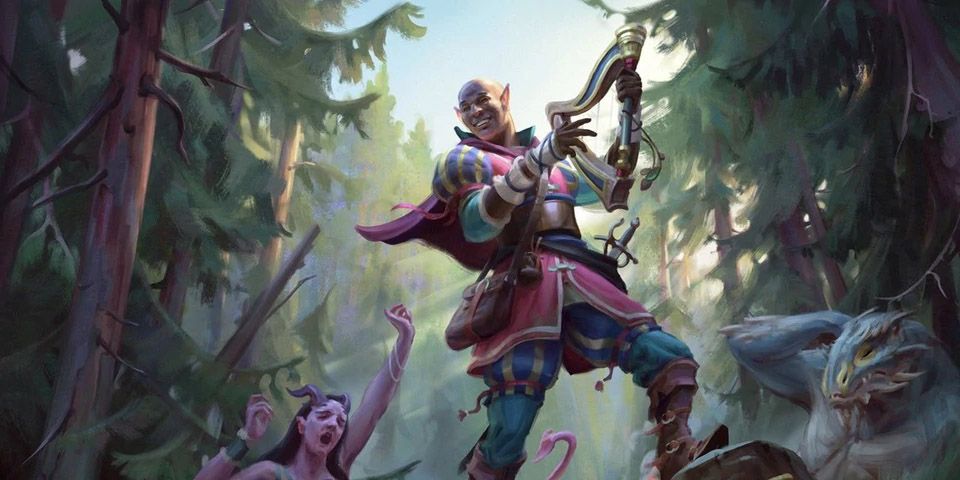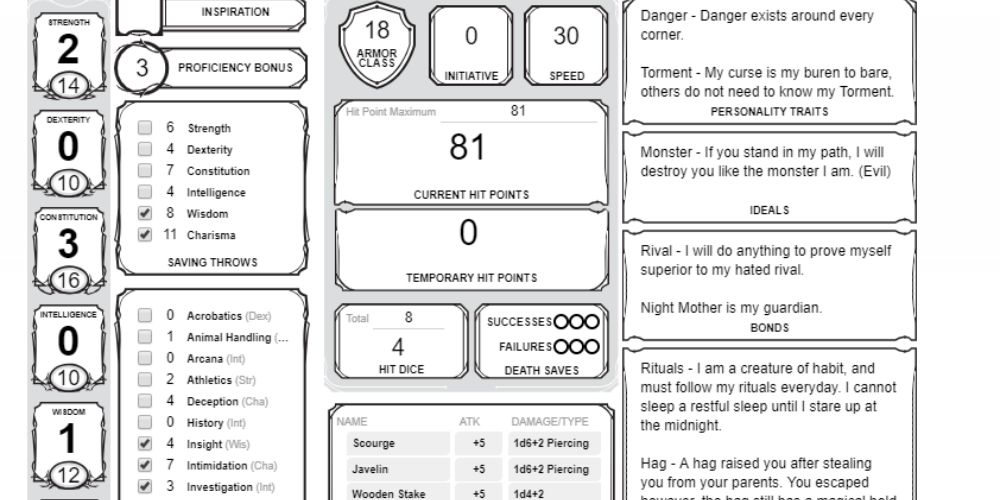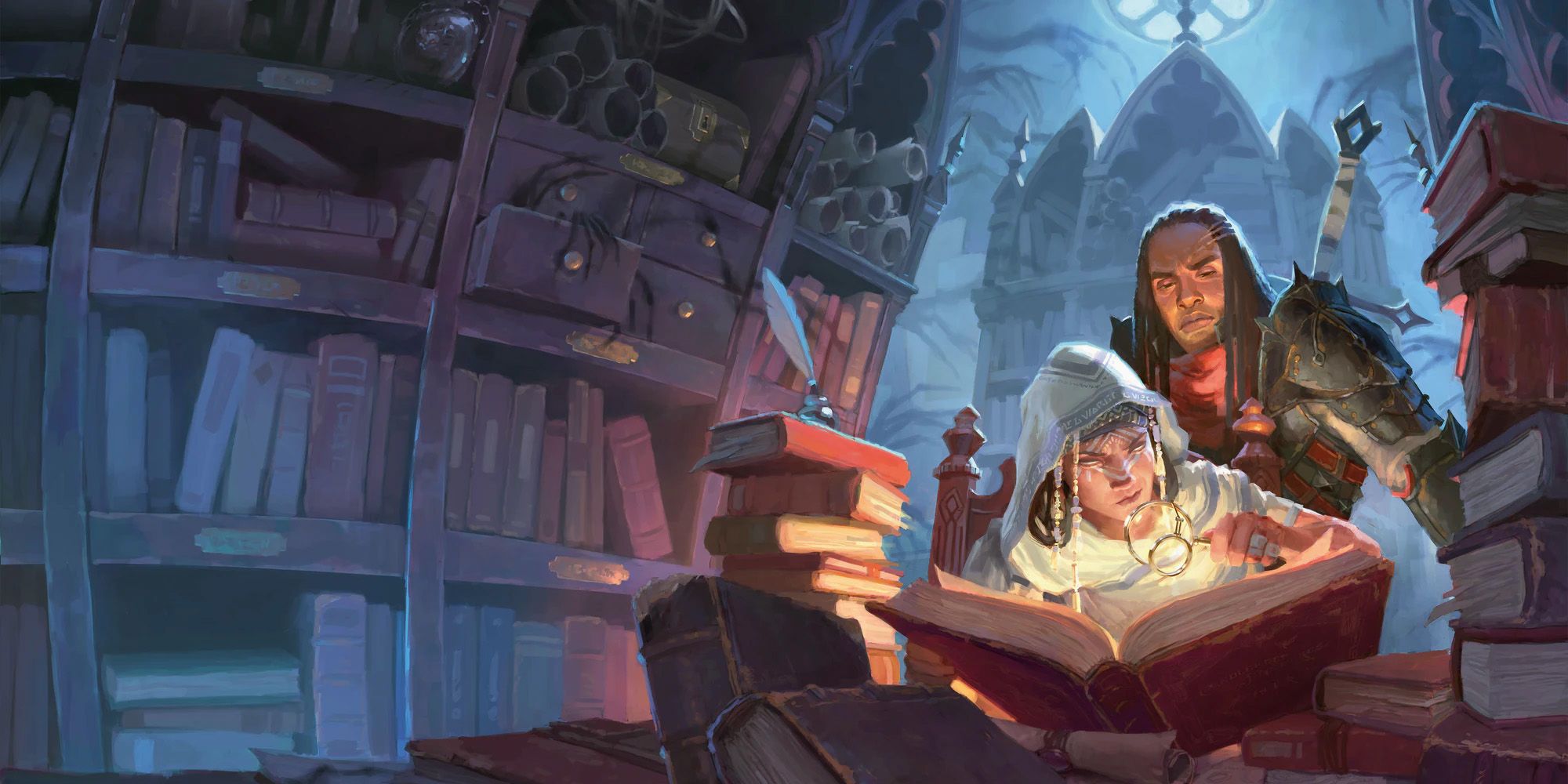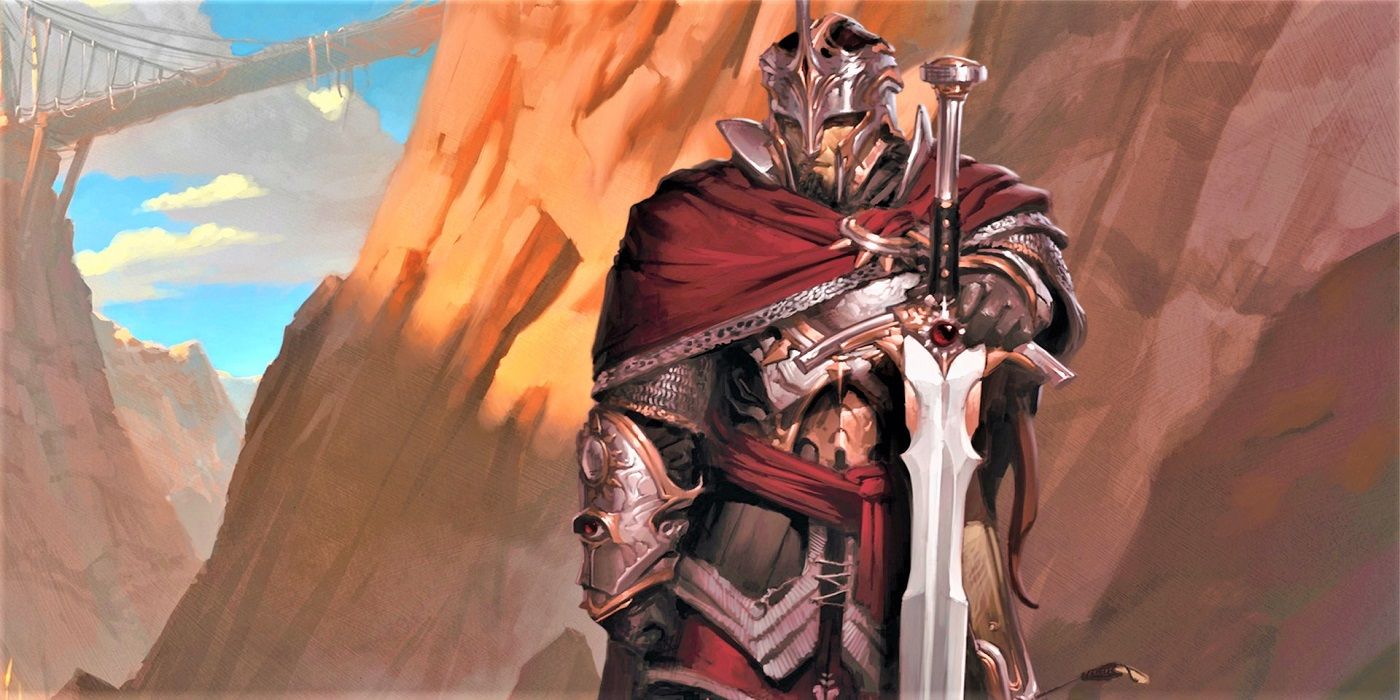While Dungeon Masters running Dungeons & Dragons campaigns are often doing the bulk of the pre-session preparation, that doesn't mean there aren't things that players themselves can do before their next adventure. There's the obvious, such as creating a player character and leveling up, but there are tons of smaller things that can really help enhance the tabletop experience. During the off-time between D&D sessions, knowing how to prepare as a player can help take the game to the next level.
A lot of how players can prepare themselves for future sessions depends on the kind of campaign the Dungeon Master is running. Combat-heavy campaigns might require different preparations than ones that are more focused on role-play and character interactions. While a lot of preparation relies on the style that the DM is aiming for, there are still plenty of more general ways that players can prepare themselves before the next session.
Get Familiar With Your Character Sheet
While leveling up is one of the most obvious ways players can prepare for a session of D&D, there's plenty of information on a character sheet that's worth reviewing. For example, casters should make sure that they have the right spells prepared for whatever situation the party's going into next -- and that they understand how they work. Different spells can be useful in different situations, so planning ahead and readying spells based on what you expect to encounter can make a huge difference.
Reviewing a character sheet before a session can also help things like combat go by a bit quicker. If a character has recently leveled up, they may have new abilities or spells to go over ahead of time. Understanding everything your character can do is a huge benefit, especially if a stressful encounter arises that doesn't allow players time to fully look over their character sheets.
Reviewing Notes Can Help Keep Players In-Character
While keeping notes is a great thing to do during a D&D campaign, those notes aren't very useful if they aren't actually used. Reviewing them between sessions is a great way to remember important plot details and any events that are important to a character's development. Notes can be great, especially if the group doesn't meet regularly for sessions, and even groups that meet weekly can benefit from notes.
That being said, the notetaking process isn't everyone's favorite part of D&D and can be tricky to keep up with, especially in the middle of a session. Jotting down notes right after a session is always a great alternative. Otherwise, if taking out-of-character notes doesn't sound appealing, players can always try keeping an in-character journal instead. This approach is great for role-play and character development-heavy campaigns, as it lets players really think about how their PC is feeling about what is happening and the people they're surrounded by. It could also double as a great record to look back on once the campaign is over.
Find What Helps You Get Into Character
Getting into character for a session doesn't come easily to all players. Those new to the game should know that it really just takes practice, and doing a bit of prep work beforehand can slipping into character much simpler. This makes the role-playing aspects of D&D feel much more natural. Different things work for different people, so a bit of experimentation might be needed with different ways of getting into character.
One way many players get into character is by creating a playlist for your character and listening to it before each session. Songs that are thematically relevant to a character can help you get into their mindset. Sketching, writing, and meditation are other common ways players can "find" their characters. Any creative activity that explores a character's personality and mindset is a great way to prepare for an upcoming session, and coming up with personal strategies and pre-session rituals is a great way to elevate your role-playing.




